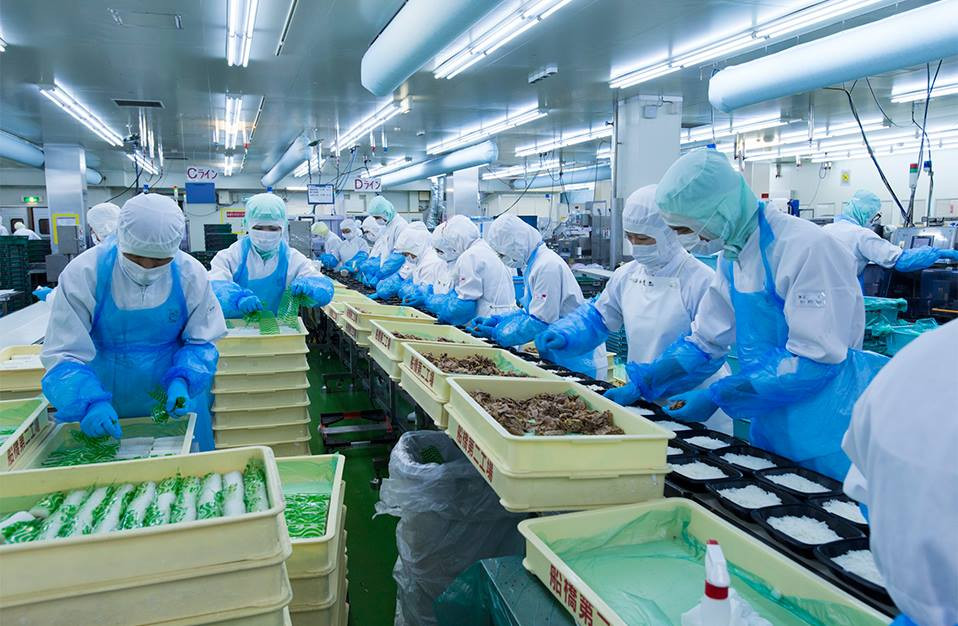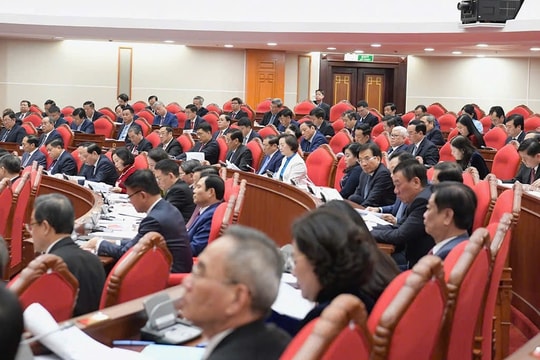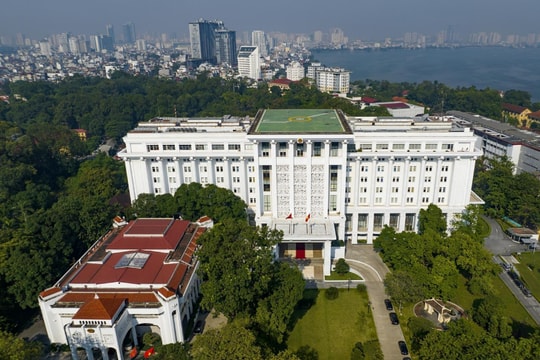Many businesses will have to close because of GMP standards?
From July 1, 2019, production and processing units related to food safety must meet GMP standards, otherwise production must stop.
GMP (Good Manufacturing Practices) is a good manufacturing practice standard to ensure hygiene and safety conditions for production, including general principles, regulations, and guidelines on basic contents of production conditions; applied to facilities for production, processing, packaging of food, pharmaceuticals, medical equipment, cosmetics, etc. to ensure product quality and safety. GMP is a fundamental part of the food safety management system, a prerequisite for the development of the HACCP system and ISO22000 food safety management standards.
According to Decree 15/2018 on detailed instructions for implementing the Food Safety Law replacing Decree 38 issued on February 2, 2018, if after July 1, 2019, units still do not meet GMP standards and are not granted GMP certification, they will not be allowed to continue production.
 |
| From July 1, 2019, production and processing units related to food safety must meet GMP standards. |
With the tightening of GMP standards, facilities that do not meet production requirements will have to close. According to Ms. Do Viet Huong, Chairman of the Board of Directors of BioCosmestics Production and Trade Joint Stock Company, businesses are facing difficulties with this regulation. Specifically, businesses that built factories before 2012 already had production facilities, factories before, and even many businesses that upgraded in 2017, but could not meet GMP according to this regulation.
According to Ms. Huong, it takes a lot of capital to make a functional food factory meet GMP standards. For example, upgrading a capsule factory to GMP requires an investment of about 10 billion, even for a factory that produces a variety of forms including bags, compressed forms... the investment can be up to more than 40 billion to meet GMP standards.
Meanwhile, the Decree requires businesses to achieve GMP within 18 months, causing difficulties for businesses because of the huge investment. Businesses have requested the Drug Administration and relevant authorities to allow products that were granted a declaration before July 2018 to be manufactured at the previous factory.
Regarding this issue, Mr. Tran Van Chau, Head of the Inspection Department (Food Safety Department, Ministry of Health) said that according to the roadmap, from July 1, 2019, both domestic and foreign enterprises must comply with GMP standards. Thus, this will be a fair game because if foreign enterprises do not comply, they cannot enter Vietnam. With GMP standards, the situation of dishonest business, putting this or that substance into dietary supplements will be eliminated, the situation of only a few square meters of producing dietary supplements will be stopped to create a healthy market.
Mr. Nguyen Hung Cung, Vice President and General Secretary of the Vietnam Dietary Supplement Association, said that if a business does not meet GMP standards, it means that the business cannot export to other ASEAN markets, not to mention meeting more stringent standards in markets such as the US and Europe. Therefore, this Decree opens up opportunities for businesses, not difficulties. The problem is whether businesses can take advantage of this opportunity and how to take advantage of it.
“To meet GMP standards, businesses must not only meet production scale but also infrastructure, factories, people and management processes… must change according to GMP standards. Businesses that want to develop sustainably must follow GMP,” Mr. Cung emphasized.
According to Mr. Nguyen Van Loi, representative of the Drug Administration of Vietnam (Ministry of Health), products put into production in an environment that does not meet standards certainly cannot create safe and quality products. That is why it is necessary to apply GMP. This is a general set of principles that cannot be added or removed. Therefore, building GMP is a great opportunity and challenge to perfect the common playing field for businesses. Especially when the National Assembly ratifies the CPTPP Agreement, this playing field will become even more severe. Therefore, businesses need to change themselves to stand firm in this competitive game.
Regarding cosmetics, cosmetic manufacturing facilities must also implement ASEAN GMP. However, the current cosmetic manufacturing enterprises are small and medium-sized enterprises. "The Department and relevant agencies are having support mechanisms for enterprises in implementing GMP," said Mr. Loi.

.jpg)






